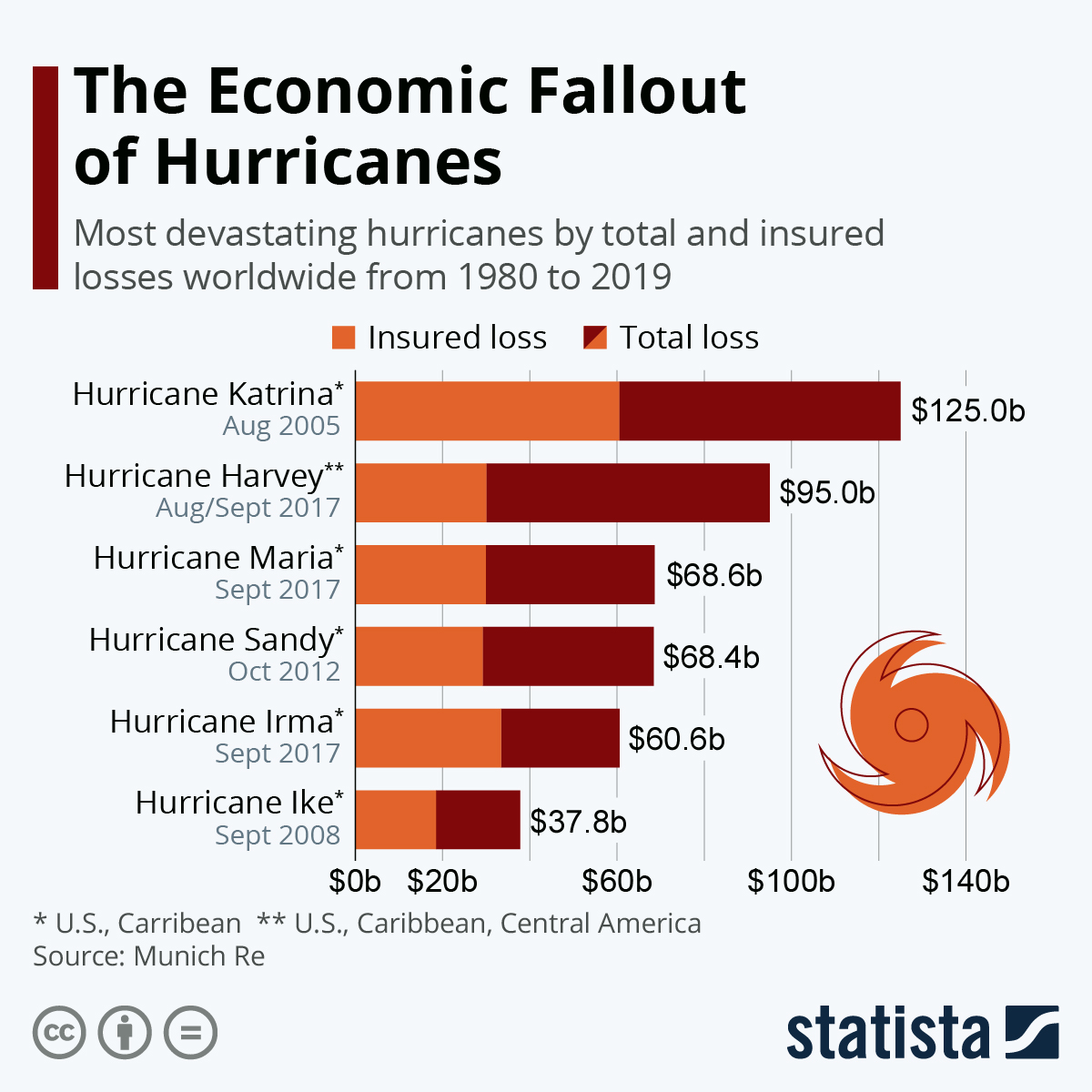The Shifting Sands: Trump's Trade Wars And America's Financial Future

Table of Contents
The Initial Impact: Tariffs and Retaliation
The Trump administration initiated a series of tariffs, primarily justified as a means to protect American industries from unfair foreign competition and to address trade imbalances. These tariffs, however, triggered immediate and significant retaliatory measures from other countries, escalating into a complex web of trade disputes.
- Specific examples of tariffs imposed: Significant tariffs were levied on steel and aluminum imports from numerous countries, impacting industries reliant on these materials. Additional tariffs targeted specific Chinese goods, leading to a tit-for-tat escalation.
- Examples of retaliatory tariffs imposed on US goods: China, the European Union, and other nations responded by imposing their own tariffs on a range of American products, including agricultural goods like soybeans and pork, severely impacting American farmers and manufacturers.
- Short-term economic consequences: The immediate effects included increased prices for consumers, reduced competitiveness for American businesses in global markets, and job losses in some sectors heavily reliant on international trade.
Winners and Losers: Sectoral Analysis of the Trade Wars
The trade wars created a complex landscape of winners and losers across various sectors of the American economy. While some industries benefited from increased domestic demand due to protectionist measures, others experienced significant hardship.
- Industries experiencing significant growth due to protectionist measures: Certain domestic steel and aluminum producers experienced a short-term boost, benefiting from reduced foreign competition. However, this growth often came at the expense of other industries relying on these materials.
- Industries severely impacted by tariffs and retaliatory measures: The agricultural sector, particularly farmers exporting soybeans and pork to China, suffered immensely from retaliatory tariffs. The manufacturing sector also faced challenges due to increased input costs and reduced export opportunities.
- Examples of job losses and gains in different sectors: While some jobs might have been created or preserved in protected industries, the overall impact was arguably negative, with job losses in export-oriented sectors outweighing any potential gains. The net effect remains a subject of ongoing debate among economists.
The Global Economic Fallout: International Trade Relations
Trump's trade actions had far-reaching global consequences, significantly damaging international trade relationships and undermining established alliances. The uncertainty created by these policies disrupted global supply chains and fueled broader geopolitical tensions.
- Impact on global supply chains: The imposition of tariffs and retaliatory measures created significant disruptions to global supply chains, increasing costs and uncertainty for businesses worldwide.
- Changes in international trade agreements and organizations: The trade wars strained relationships with key trading partners and cast doubt on the future of multilateral trade agreements and organizations like the World Trade Organization (WTO).
- Strained relationships with key trading partners (e.g., China, EU): The trade disputes significantly deteriorated relationships with major trading partners like China and the European Union, impacting diplomatic efforts and collaborative initiatives.
Long-Term Implications: The Future of the US Economy
The long-term economic effects of Trump's trade wars remain uncertain but potentially significant. The possibility of increased inflation, reduced productivity, and diminished global competitiveness poses considerable challenges for the future of the US economy.
- Potential for increased inflation: The tariffs increased the cost of imported goods, contributing to inflationary pressures and potentially eroding consumer purchasing power.
- Long-term effects on productivity and innovation: The disruption to global supply chains and reduced access to foreign markets could negatively impact innovation and productivity growth in the long run.
- The impact on US economic competitiveness globally: The trade wars damaged the US reputation as a reliable and predictable trading partner, potentially hindering its economic competitiveness in the long term.
Policy Recommendations: Navigating Uncertain Waters
Mitigating the risks associated with future trade conflicts requires a proactive and strategic approach focused on fostering free and fair trade, strengthening domestic industries, and improving international relationships.
- Suggestions for promoting free and fair trade: This includes actively participating in and strengthening multilateral trade agreements and organizations while addressing genuine concerns about unfair trade practices.
- Strategies for strengthening domestic industries: This involves investing in research and development, supporting worker retraining programs, and promoting innovation to enhance competitiveness in global markets.
- Recommendations for improving international trade relationships: This requires diplomatic efforts to rebuild trust with key trading partners and foster collaborative solutions to address global economic challenges.
Conclusion
Trump's trade wars have had a profound and multifaceted impact on America's financial future. The short-term consequences included increased consumer prices, job losses in certain sectors, and disruptions to global supply chains. The long-term implications are still unfolding but could include reduced economic competitiveness, persistent inflation, and strained international relations. Understanding the complexities of Trump's trade wars and their lasting impact on America's financial future is crucial. Continue exploring this critical issue to inform your own perspective on future trade policies.

Featured Posts
-
 The Economic Fallout How Trumps Trade Actions Affected Us Financial Power
Apr 22, 2025
The Economic Fallout How Trumps Trade Actions Affected Us Financial Power
Apr 22, 2025 -
 Activision Blizzard Acquisition Ftcs Appeal And Its Implications
Apr 22, 2025
Activision Blizzard Acquisition Ftcs Appeal And Its Implications
Apr 22, 2025 -
 Gambling On Natural Disasters The Troubling Trend Of Betting On The Los Angeles Wildfires
Apr 22, 2025
Gambling On Natural Disasters The Troubling Trend Of Betting On The Los Angeles Wildfires
Apr 22, 2025 -
 After Easter Truce Russia Returns To Full Scale Fighting In Ukraine
Apr 22, 2025
After Easter Truce Russia Returns To Full Scale Fighting In Ukraine
Apr 22, 2025 -
 Secret Service Investigation Concludes Cocaine Found At White House
Apr 22, 2025
Secret Service Investigation Concludes Cocaine Found At White House
Apr 22, 2025
Latest Posts
-
 Nottingham Hospital Faces Backlash Over A And E Data Breach Affecting Stabbing Victims Families
May 10, 2025
Nottingham Hospital Faces Backlash Over A And E Data Breach Affecting Stabbing Victims Families
May 10, 2025 -
 Nottingham Nhs Data Breach Families Outraged Over Access To A And E Records Of Stabbing Victims
May 10, 2025
Nottingham Nhs Data Breach Families Outraged Over Access To A And E Records Of Stabbing Victims
May 10, 2025 -
 Valdo Calocane Nottingham Attack Survivor Shares Devastating Account
May 10, 2025
Valdo Calocane Nottingham Attack Survivor Shares Devastating Account
May 10, 2025 -
 Nottingham Attack Survivors First Interview I Wish He D Taken Me Instead
May 10, 2025
Nottingham Attack Survivors First Interview I Wish He D Taken Me Instead
May 10, 2025 -
 Troubled Nhs Trust Boss Cooperates With Nottingham Attacks Investigation
May 10, 2025
Troubled Nhs Trust Boss Cooperates With Nottingham Attacks Investigation
May 10, 2025
